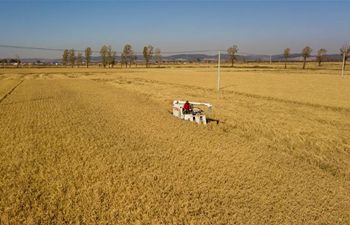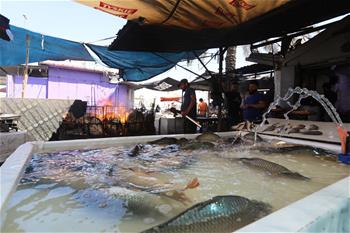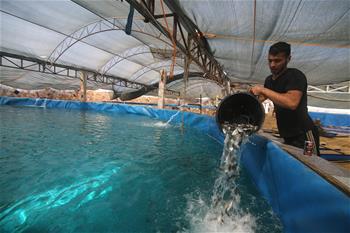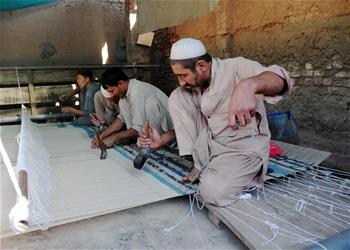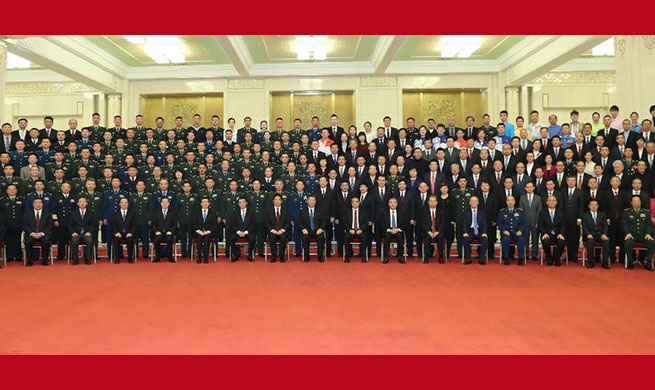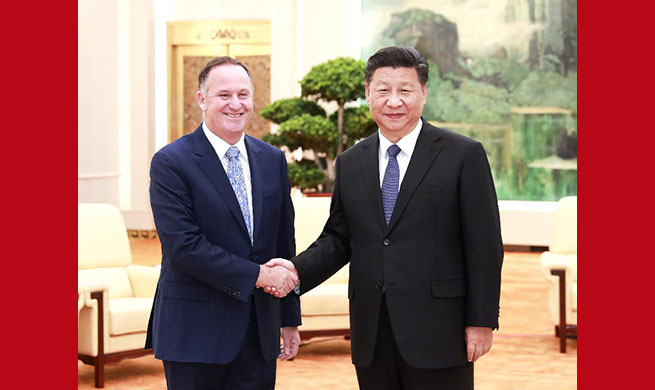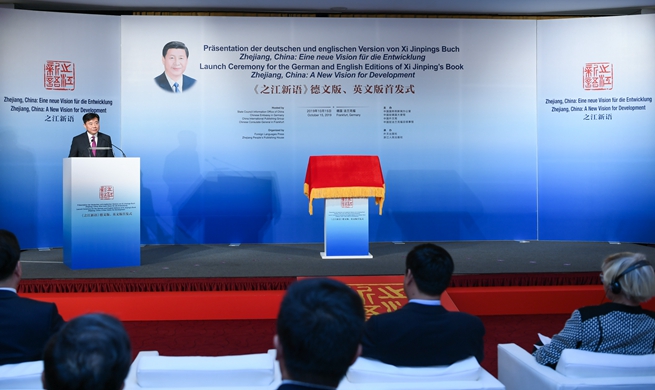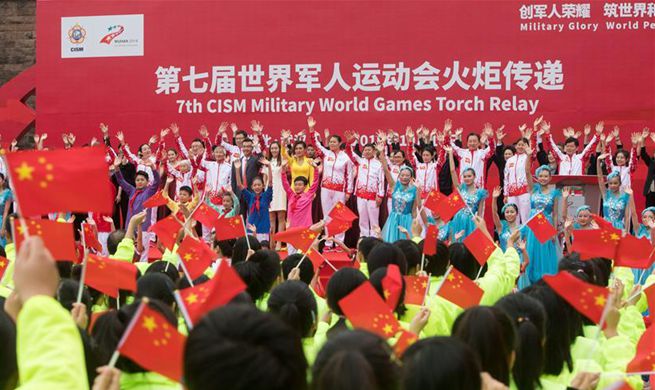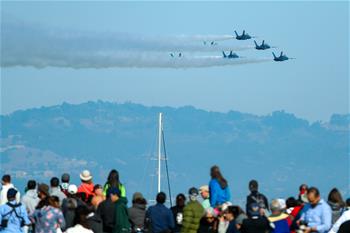RAMALLAH, Oct. 16 (Xinhua) -- Palestinian Prime Minister Mohammed Ishtaye said on Wednesday that holding elections in the Palestinian territories faces two major challenges, respectively in the Gaza Strip and East Jerusalem.
Ishtaye's remarks came during his meeting with Swedish Minister for International Development Cooperation Peter Eriksson.
Islamic Hamas movement has been ruling the Gaza Strip since the summer of 2007, when it violently took over the coastal enclave and routed the security forces of Palestinian President Mahmoud Abbas.
Efforts to end the internal division between the two sides have so far failed.
The Palestinian officials have deep concerns that the legislative elections would be prevented by Hamas in Gaza and by Israel in East Jerusalem.
"Holding the general elections in the West Bank, the Gaza Strip and East Jerusalem is so important in order to bring back the atmosphere of democracy in Palestine," Ishtaye said in a press statement.
Last week, Abbas commissioned the Palestinian Central Elections Commission to start preparing for legislative elections first and then the presidential elections.
Abbas' decision to only hold the legislative elections contradicts with the position of Hamas, which wants presidential and parliamentary elections to be held on the same day.
A day earlier, Hussein al-Sheikh, a member of the central committee of Abbas' Fatah party, said in a press statement that after the Central Elections Commission finishes consultations, Abbas will set a date for holding the legislative elections.
"Then, another date for the presidential elections will be set," al-Sheikh noted, adding "there is a consensus in Fatah party to nominate Abbas to race in the upcoming presidential elections."
The last legislative elections were held in the Palestinian territories in January 2006, when Hamas won an overwhelming majority in the Palestinian Legislative Council.
Abbas, 84, was elected as the chief of the Palestinian Authority in the presidential elections held in the Palestinian territories in January 2005, where he succeeded the late Palestinian leader Yasser Arafat who died in November 2004.




